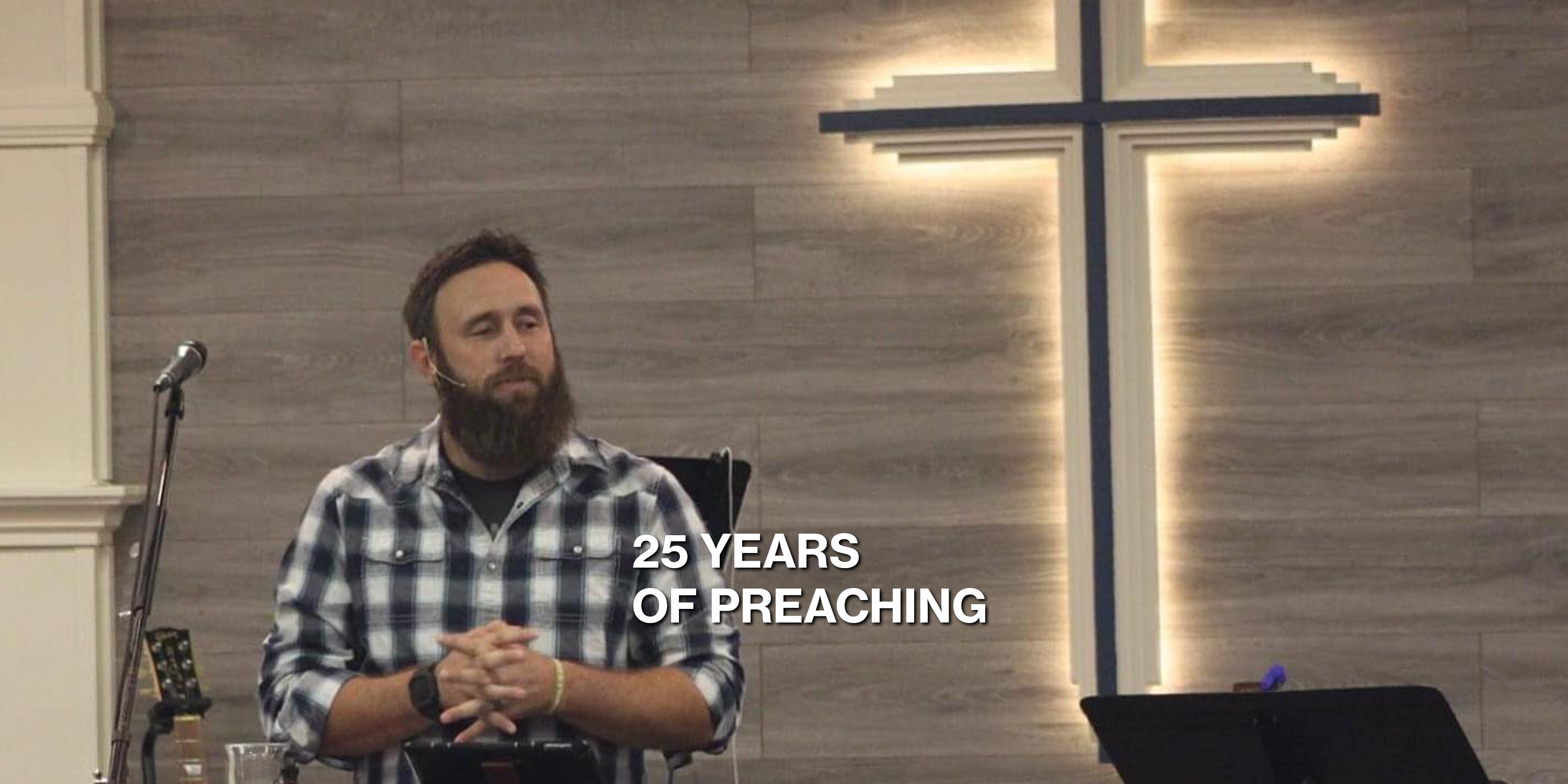As long as I’ve been a pastor, and well before that, I’ve held this statement as a core conviction:
Nothing worthwhile is ever easy.
It’s nothing original, to be sure. But it has guided me through a lot of life’s difficulties. I assume a few things to be generally true about everyone:
- We all want to matter, to someone and something.
- We all want to enjoy success.
- We all want deep, meaningful relationships.
- We all want some degree of peace, happiness, and pleasure.
The struggles of life often leave us pushing against our aspirations. “Mattering” to anyone or anything is largely out of our direct control. Success is like dopamine – it feels good, we crave more, and only end up chasing the next “hit” that satisfies for a moment, only to leave us with more craving. People and relationships are definitely the best part of life… but unfortunately, they’re also the worst! Nothing can hurt us like other humans. All of the things promising happiness, peace, pleasure all tend to over-sell and under-deliver.
So where does that leave us…
Everything comes at a price. As my Dad would emphatically remind me growing up, there’s no such thing as free. Even the “free” gift of God – salvation to all the human race who believe on the name of Jesus, isn’t truly free – just free to us! Our salvation cost Christ His very life, and the weight of the sin of humanity. Nothing worthwhile is ever easy.
That tells me that – to God – we were worthwhile. We were worth redeeming. You are worthwhile. The pain you’re going through in life right now, is evidence that there is a battle to be fought and won in your life. I know it’s hard! It’s not suppose to be easy. Not if it matters.
All the struggles I described earlier are not wrong, inherently. You should seek to matter. You should try to make a difference. Success in life, work, school, health, finances is a good thing. Relationships are certainly worthwhile! But they all cost something. They cost time, focus, thought, energy, money, friendships, “other” opportunities, and the list goes on.
And then it gets more difficult! Because you and I are finite human beings. So if I pursue financial or professional success at all cost, I may one day realize that it cost me my marriage. If I pursue building a ministry while neglecting my own spiritual, mental, and emotional health – it may cost me a dark bout with depression. It’s like we only get a certain budget of energy, time, focus, and talent. And once we’ve spent our budget, whatever is left on our list of goals ambitions gets the scraps.
Which leads me to a few questions:
- What is the difficult, worthwhile thing you’ve been avoiding doing?
- If people are the most worthwhile/difficult thing in life, what relationships do you need to invest more into?
- What do you need to let go of that is necessary but still difficult?
- Are you willing to pay the price for what you’re seeking to achieve this year?
- How would you prioritize your “budget”? Consider marriage, education, friendships, faith, physical health, finances, kids, etc.
- How do you keep the harmony between all of these things?




